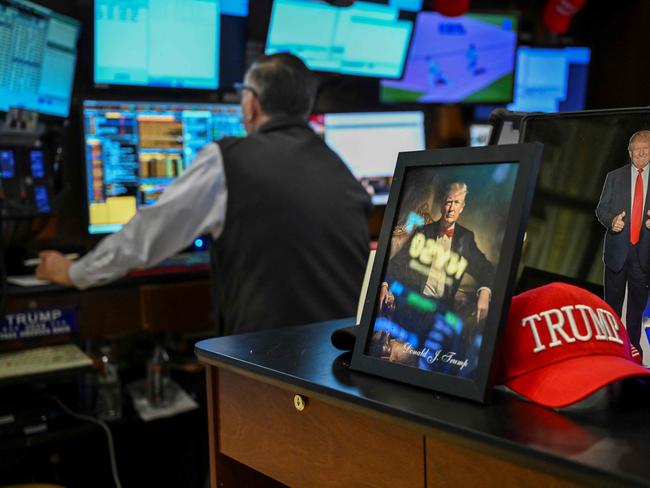
Investors win round one in the tariff turmoil… now what?
Advisers say don’t change your investment settings, but this does not mean bargain-hunting won’t pay handsomely — and this week it’s been very profitable.

Advisers say don’t change your investment settings, but this does not mean bargain-hunting won’t pay handsomely — and this week it’s been very profitable.

Everyday investors – pumped up by big returns from the Covid-19 crash – are now making big bets on the tariff war.

A price turnaround and the prospect of accelerated rate cuts puts residential property back in favour as share markets turn sharply negative.
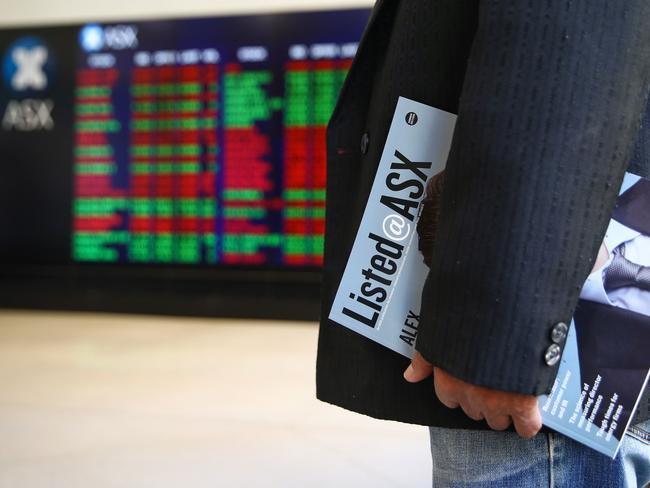
Overexposure to US stocks, general poor behaviour and cybersecurity breaches have put Big Super under siege, but it’s now that self-managed super funds can shine.
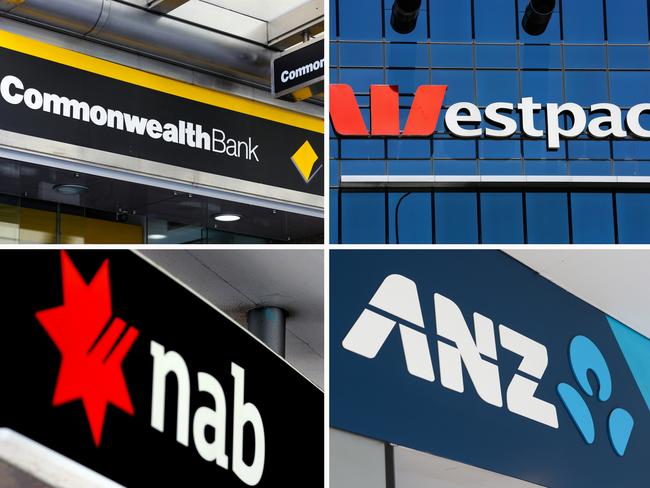
Bank stocks led the ASX sell-off since the start of the year but they are now offering fully franked dividend yields of 7 per cent, making investors sit up and take notice.
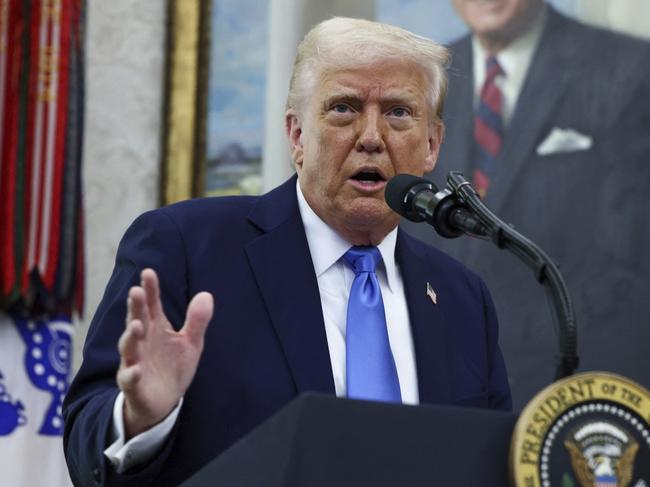
Your superannuation money is being poured into US shares just as Donald Trump threatens to up-end sharemarkets with his Liberation Day tariffs plan.

What’s in the election for investors? Quite a lot actually with stark differences emerging between the major parties on investment choices from pensions to superannuation.
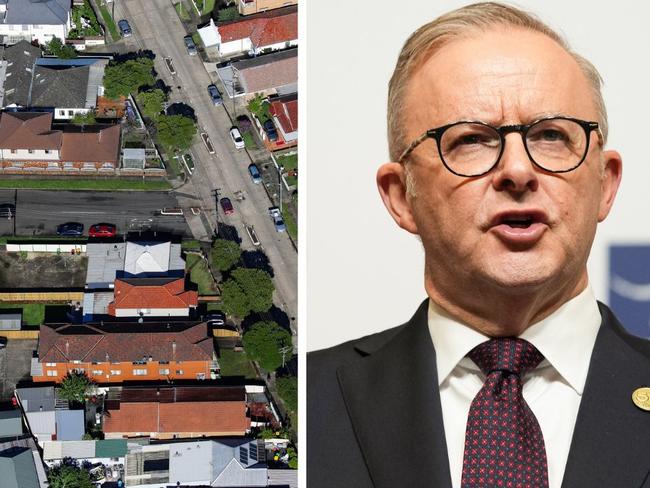
Partnerships in property are never straightforward, especially when the collaboration is with the government, and the impending Help to Buy scheme could catch prospective homebuyers out.
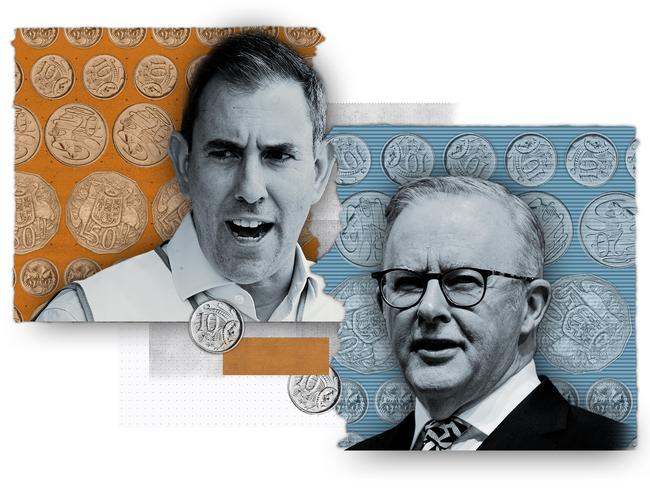
From selling and buying property to pension entitlements, super, student loans and tax, the devil is in the detail here.
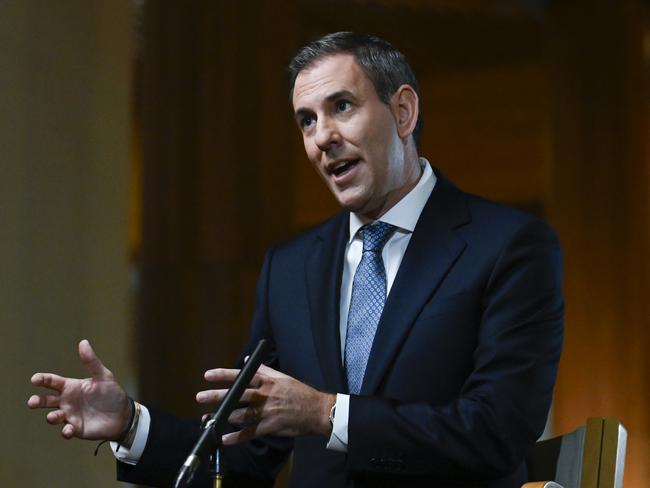
The Albanese government isn’t finished with its pre-election moves to prove to voters it has distinct ideas on housing and superannuation.
Original URL: https://www.theaustralian.com.au/author/james-kirby/page/5